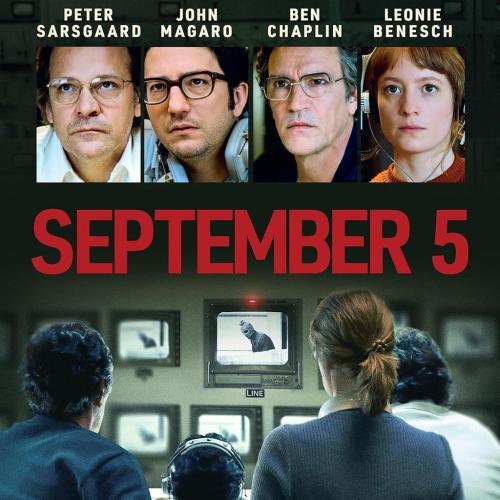Line of Events
September 5th: The Movie That Changed Media Forever
September 5th is a powerful portrayal of a pivotal moment in history that redefined the way the media reported on live events. Set against the backdrop of the 1972 Summer Olympics in Munich, the film tells the gripping story of an American sports broadcasting team that transitioned from sports coverage to live coverage of the Israeli athletes being held hostage. This dramatic shift not only affected the events of the day, but also set a precedent for real-time news reporting, especially on major occasions.
Historical Background
The Munich Olympics were intended to be a celebration of sporting achievement and international camaraderie. However, tragic events quickly unfolded, turning the Games into a global crisis. As the world watched in horror, the media found itself at a crossroads, balancing the need for timely reporting with the ethical implications of handling a sensitive situation. “September 5th” captures this turbulent period and shows the challenges journalists and broadcasters faced as they navigated uncharted waters.
A Shift in Media
Before the Munich events, sports coverage focused primarily on the games themselves—highlighting the athletes’ achievements, medals, and national pride. But the hostage crisis forced broadcasters to quickly adjust their strategies. The film shows how an American sports team had to deviate from its usual reporting style to report live on the hostage situation, marking a significant development in media coverage. This change will impact the way news is disseminated for decades to come.
Key themes explored in the film
“September 5th” addresses a number of key themes that will interest viewers, such as:
- The ethical responsibilities of journalists in crisis situations.
- The impact of live coverage on public opinion and international relations.
- The personal toll on those affected, journalists, and victims.
- The evolution of media technology and its role in overcoming the crisis.
The reality of real-time reporting
h2>
As the film progresses, it highlights the intense pressure on broadcasters to provide accurate information and remain sensitive to the gravity of the situation. The urgency of live reporting can lead to ethical dilemmas as journalists must decide what to share and what to withhold. This moral complexity is at the heart of “September 5,” making it a thought-provoking watch for anyone interested in media ethics and the responsibility of reporting live events.
The Lasting Impact
September 5. .the events of the day had a lasting impact on today’s media. With the rise of social media and 24-hour news cycles, the lessons of the Munich crisis still resonate. The film reminds us of the powerful role of the media in shaping public opinion and influencing global events.
In today’s fast-paced world, the principles and issues of the “September 5” journalists are more relevant than ever. As we navigate an era of instant information and sensationalism, the effects of the media can have far-reaching consequences. The film encourages viewers to reflect on the importance of responsible journalism and the ethical considerations that must be considered in crisis reporting.
Why you should watch “September 5th”
For those interested in the intersection of media, ethics, and history, “September 5th” is an important viewing experience. It provides valuable insight into how the media can influence events and the moral challenges facing journalists in the industry.







































 35/20
35/20